Chinese social media platforms announced recently they will display user locations based on Internet Protocol addresses in a bid to curb the spread of misinformation.
The move started with Sina Weibo, which launched the feature in March, showing the IP address on profile pages of users. The feature cannot be turned off or disabled by users.
Sina Weibo said in an announcement the move was prompted by the spread of fake information related to recent hot topics such as Russia-Ukraine tensions and the COVID-19 pandemic.
Jinri Toutiao, a news content platform of ByteDance, Douyin, the Chinese version of TikTok, Quora-like Zhihu, short-video platform Kuaishou and lifestyle-sharing community Xiaohongshu all announced the introduction of similar features since last week.
They said the function is to maintain a sound online community environment, prevent netizens from pretending to be local people involved in trending events, and reduce misinformation, rumors and click-chasing content.
The platforms will display the location of the last post or comment by a user. For domestic users, it will show the province while those from overseas will show the country or region.
Although there is currently no law requiring social networks to display user locations, the new feature is a positive, advanced practice that answers to the upcoming rules over the regulation of internet user accounts, said Zhu Wei, deputy director of the Communication Law Research Center at the China University of Political Science and Law.
The Cyberspace Administration of China, the nation's top internet watchdog, released a draft regulation document in December, saying internet service providers should display information about the IP address of user accounts "in a prominent way".
Zhu said some social network accounts pretended to be at the scene of an event but were in fact located elsewhere, reprocessing the online content in order to attract public attention.
The new function is one of the effective measures to reinforce the real-name identification of netizens and reduce the spread of false information and prevent telecommunication fraud, he added.
Netizens have shown mixed reactions to the new function with supporters saying some unscrupulous media and independently operated accounts have taken advantage of hot topics to win online traffic.
"These media pretended that they were in Ukraine, found a picture online and fabricated the content," a netizen said.
In regard to concerns over privacy protection, Zhao Zhanling, a legal adviser for the Internet Society of China, said the function does not infringe on personal privacy as the IP address only reveals a very broad area and some IP addresses may be a public network or for instance, Wi-Fi at a hotel. "It depends on whether the IP address can accurately expose the user's identity," he said.
China in recent years has ramped up efforts to regulate cyberspace in order to promote a cleaner and more civilized internet environment.
The internet watchdog said in March at a news conference that the internet cleanup campaign last year achieved expected results, removing 22 million pieces of illegal and inappropriate information.
This year's campaign will focus on online rumors and other "online chaos" related to multichannel networks, livestreaming and short videos.









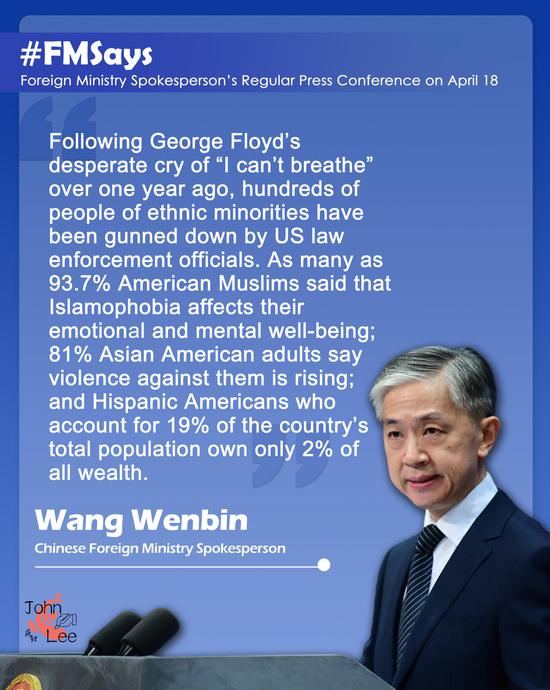




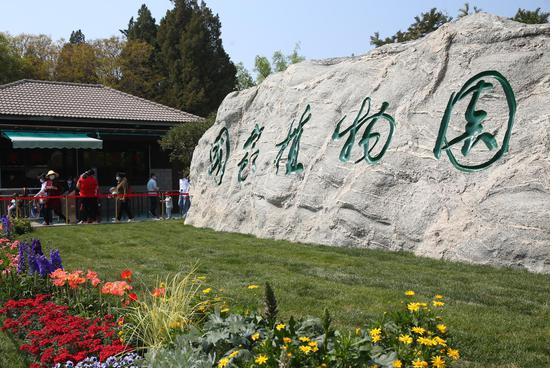












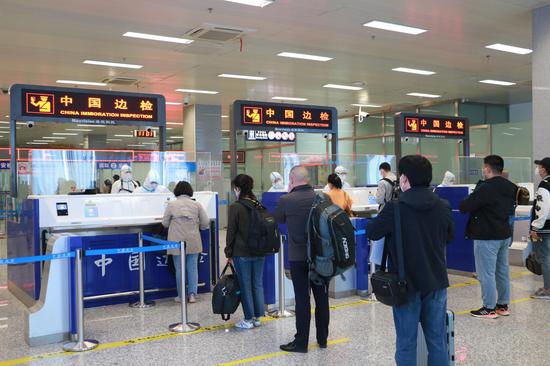









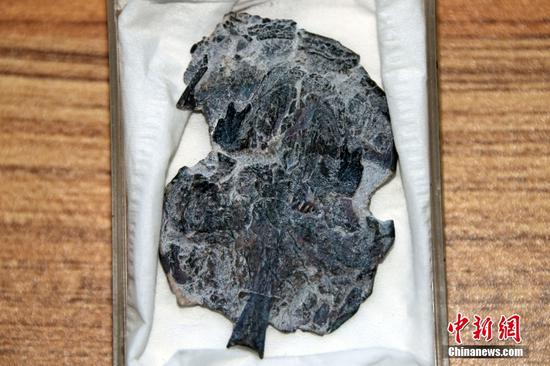


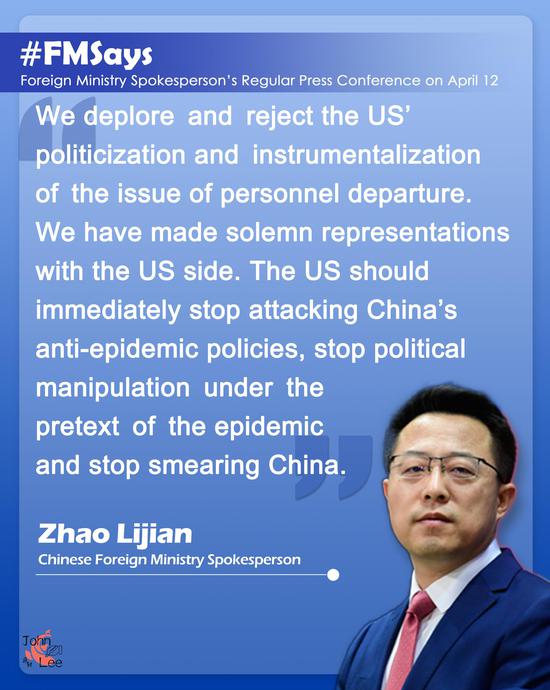
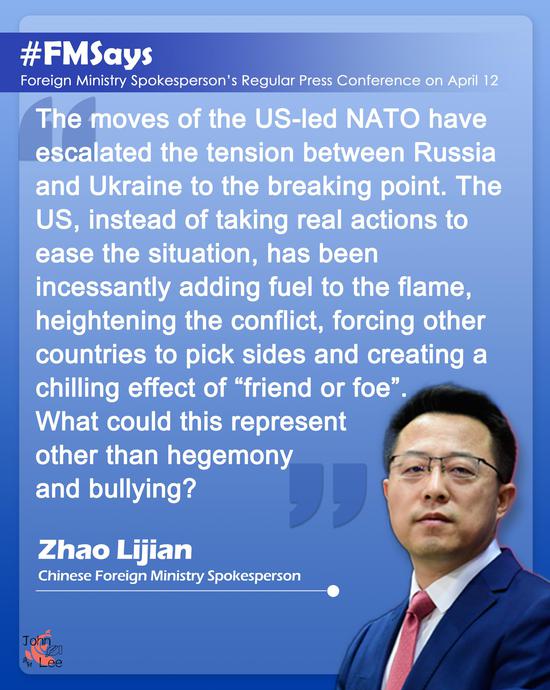








 京公网安备 11010202009201号
京公网安备 11010202009201号